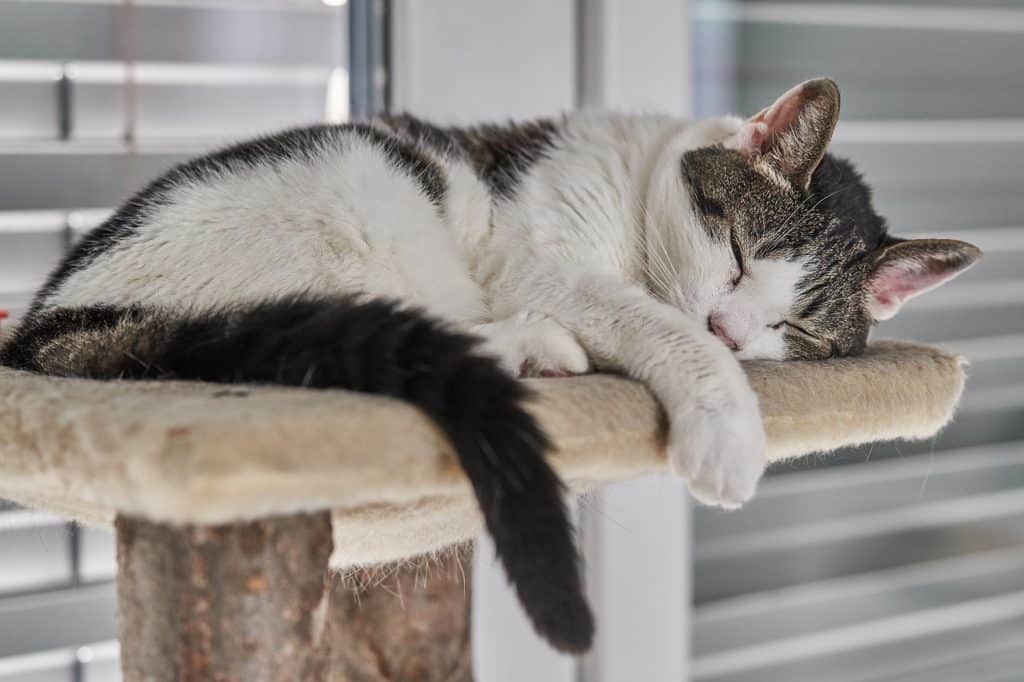
There is no cure for rabies, only prevention methods. The best thing you can do to prevent rabies in your pets is to get them vaccinated. Vaccinations may save their lives some day. Cats and dogs that get rabies may have to be quarantined for 6 months, or even put down. State laws vary however you should keep your pet’s rabies vaccinations up to date once every two or three years.
Even if your pet is vaccinated, you should always bring it to the vet if it comes in contact with a wild animal. The vet will administer a booster vaccination and monitor your pet for signs of trouble. If the pet is in need of quarantine you may be able to do it at home if vaccinations are up to date.
While you may not want to keep your pets completely indoors, guard against contact with wild animals. Feed your pet indoors, never leave food outside to attract other animals. Make sure your cats and dogs aren’t left outside at night, when wild animals are most active. Keep an eye on your pet while they are outdoors so that you can watch for any potential contact with a wild animal. Keep outdoor time limited to bathroom breaks or when you’re outside with the pet. On walks, always keep your pet leashed.
Notice any potential changes in wild animals around your home. For example, neighborhood squirrels that suddenly start to appear aggressive may be rabid. Don’t try to capture a wild animal in this, or any state. Simply report any suspicious animals to the wildlife authority in your area. It’s very important to report any dead animal that appears in your neighborhood. Keep an eye on changes in your neighborhood, like new animals that start to appear frequently.
These simple steps can help protect you and your pets. If you think your pet has had any contact with a wild animal call us immediately for an appointment. For more pet tips and news like us on Facebook.


